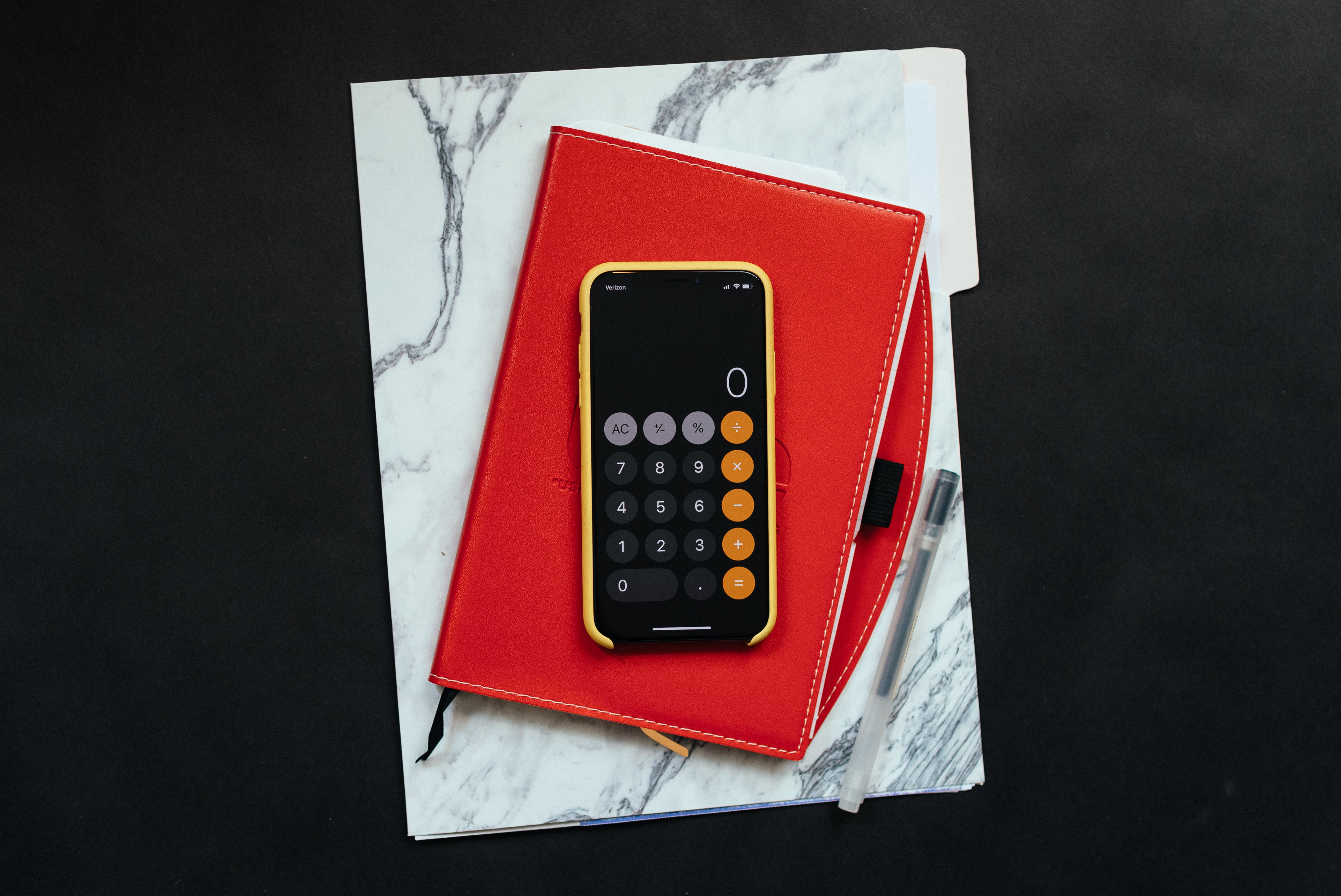Bayport Blog
Budget to achieve your financial goals
Published: 2020-10-13
Categories: Financial wellness
Tags: Budgeting, Financial education, Financial Health, Financial Literacy, Financial Planning, Financial Tips, Managing your Money

If you have always thought that having a budget and sticking to it is boring and unexciting, it’s time to think again. Used correctly, a personal budget is like a map that gets you to your dream financial destination.
A map is something you use to get to a place you’ve never been before or to remind you how to get back home if you are lost. In many ways, a budget is exactly the same.
For many of us, having enough money to pay all the bills with some leftover for fun, sounds like a foreign country. It’s a place we’ve never been before, and probably one we believe we will never get to. The same goes for improving our credit score and getting out of debt.
Not only don’t we know how to get to this money paradise; many of us are currently lost in a maze of debt that we don’t know how to get out of.
The good news is that a personal budget can show you the way out of financial hardship, and the road to financial wellness.
Where to start? Just like when you plan a trip, your budget starting point is asking yourself where you want to go to. In budgeting terms, this is your financial goal. For example, you might want to own your own home, or send your children to a great school, or have an emergency fund equal to three months’ salary. In addition, you want to be debt free in two or three years, you want to take your family on holiday in December, and you need clothes for work.
It is a good idea to have a mix of long-, medium- and short-term goals. Achieving short-term goals, such as being able to afford a new outfit, helps to keep you motivated to keep working towards your medium- and long-term goals.
But why do goals matter? They matter because they guide you on how to spend your money. For instance, if you know that your goal is a family holiday, it will help you to not waste money on unnecessary clothes, too many nights out, or takeaways every day. Similarly, if eating healthy food is a goal, you will approach your grocery shopping differently.
Taking stock Now that you know where you want to go on your financial journey, you have to take stock of where you are. Just like you can’t plan a road trip without knowing from where you will set off, you can’t work towards financial wellness without understanding your current situation.
If you’ve never used a budget before, simply make a list of all your monthly expenses and how much each item costs you. Typical expenses are rent or mortgage, transport, debt repayments, water and electricity, food, insurance, school fees, and entertainment.
Compare the total of your expenses with your total income and see whether you have money left over or not.
Now, compare your current expenses with your goals. Are you putting any money aside to build up an emergency fund, save for a deposit on a house, or to afford that holiday? If the answer is no, it means you have to rethink your spending priorities.
However, before you change your spending, you have to know exactly what it is. Most of us think we know where our money goes when we actually don’t. The only way to know is to track your spending, down to the last cent. You do this by writing down every amount you spend, and what it was for.
At the end of the month, you add it all up and compare your actual expenditure with your budget, and with your financial goals. This is where the real work – and the fun – starts.
Armed with all this information, you can now plan your spending from scratch, guided by what you want to achieve.
Needs vs wants At first glance, it might be difficult to see where you can spend less in order to save more towards your goals. This is where needs vs wants enter the picture.
For every expense on your list (your budget and your actual spending), ask yourself whether it’s something you need or something you want. Needs are the things we cannot do without, like a place to stay and food to eat. Wants are things we can live without, such as parties every weekend or a new tattoo.
By cutting down on wants and focussing on your needs and your financial goals, you will quickly start freeing up the money that will get you to your financial destination.
Stick to it You can only reach your destination by sticking to the journey plan, and by keeping your eye on the goals you want to achieve. So stick to your budget and don’t get side-tracked by what your friends are doing or stuff you see advertised.
Having said this, it is also true that things happen in life. When they do, you need to adapt your budget to cope with the change in circumstances. It is fine if you need to take a short detour from saving your full education amount to pay for car repairs or a medical emergency – as long as you get back on track as soon as you can.
Having a budget and sticking to it puts you in charge of your money today and the goals you want to achieve tomorrow.
https://www.bayportsa.com/products-services/personal-loans-online/
Go back